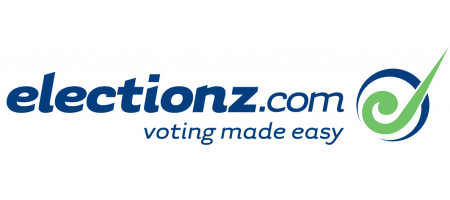
NZ Income Insurance Scheme
NZ Income Insurance Scheme
The New Zealand Income Insurance Scheme would offer financial support to workers who are made redundant through no fault of their own, or lose their jobs due to health conditions or disabilities, providing them with 80% of their income for up to seven months.
While Business South welcomes a number of aspects of the proposal, there are some concerning implications for business as it currently stands.

Existing Business Arrangements
Some businesses already have appropriate redundancy provisions in place to support employees, and they should be able to opt out of the scheme if they can demonstrate that existing arrangements are working well.
Business South is also opposed to including health conditions and disabilities in the scope of the scheme, which would double its cost.

Scheme Levy
It is unfair to levy employers at a time when costs are rising and businesses are still recovering from the impacts of COVID-19. Business South believes the scheme would be better funded by reprioritising existing Government spending and/or a reduction in corporate tax.
Workers would also be required to contribute to the scheme through a levy, and Mr Collins says this would have a significant and disproportionate financial impact on low-income workers. A worker on minimum wage would be required to contribute approximately $12 per week.

Merits Within the Scheme
However, Business South acknowledges there is merit in a scheme that invests in people’s skills.
The scheme proposes support for retraining and allowing time to match people to the right jobs – this means individuals will not be forced to take a job that underutilises their skills and provides lower pay merely to survive.
Regionally, an income insurance scheme has the potential to soften the blow for a region where a large employer winds down their operations quite abruptly. It could also help to address some potential risks of the future.
However, it is important that any income insurance scheme is fair to both employers and employees and doesn’t burden them with unsustainable costs.


























